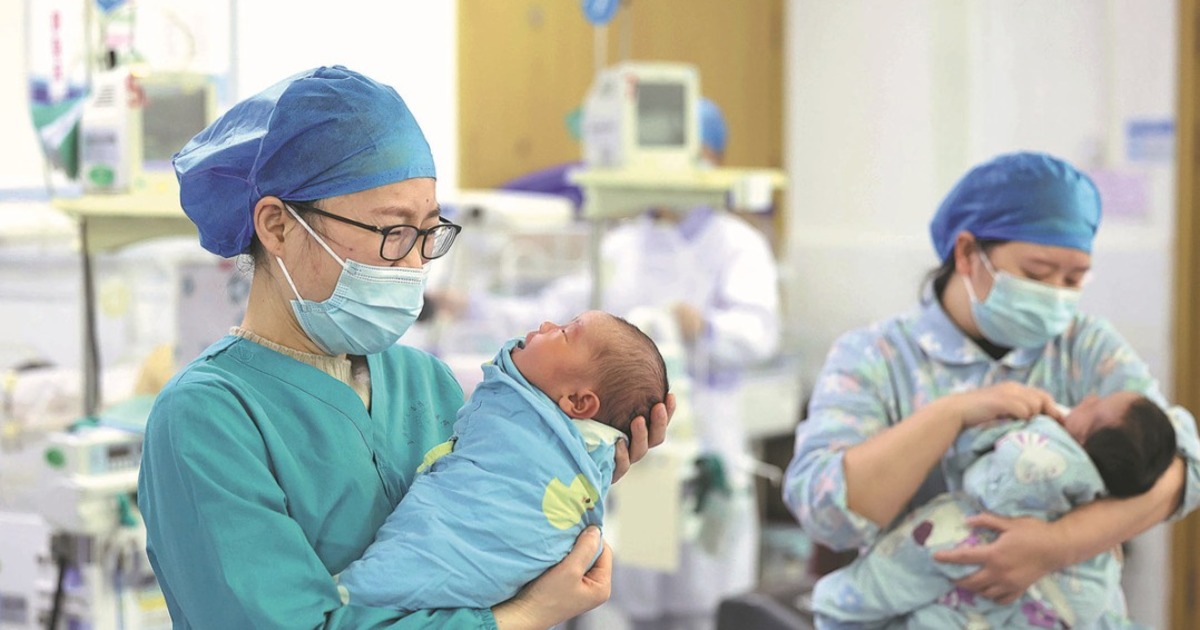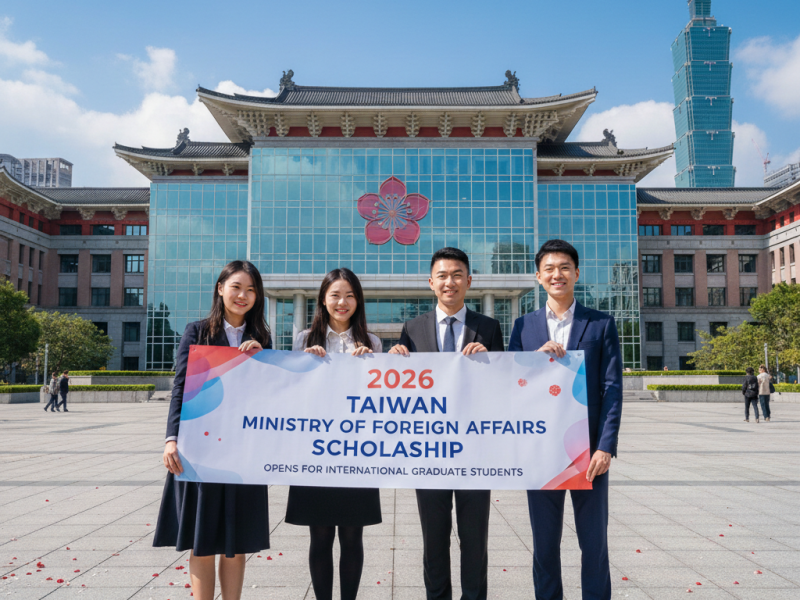July 30, 2025
BEIJING — In a bid to address its declining population, the Chinese government has launched its first nationwide child subsidy program, offering parents $500 per child annually for children aged three years old and below.
The initiative is aimed at encouraging families to have more children amid the country’s rapidly aging population and shrinking birth rate — problems that have raised concerns over China’s long-term economic sustainability.
According to officials, the subsidy is expected to benefit around 20 million families, providing financial assistance to help cover daily living expenses and child-rearing costs.
The new policy, viewed as a significant shift in the country’s approach to family planning, complements similar efforts already being implemented in various provinces. These local initiatives include housing discounts, extended parental leave, and additional childcare support.
Under this national program, a child could receive benefits amounting to over 87,000 pesos (approximately $1,500) annually when combined with other local incentives, making it one of the most generous pro-birth policies in the country to date.
China’s move reflects growing urgency as the government attempts to reverse a demographic decline following decades of its one-child policy.



